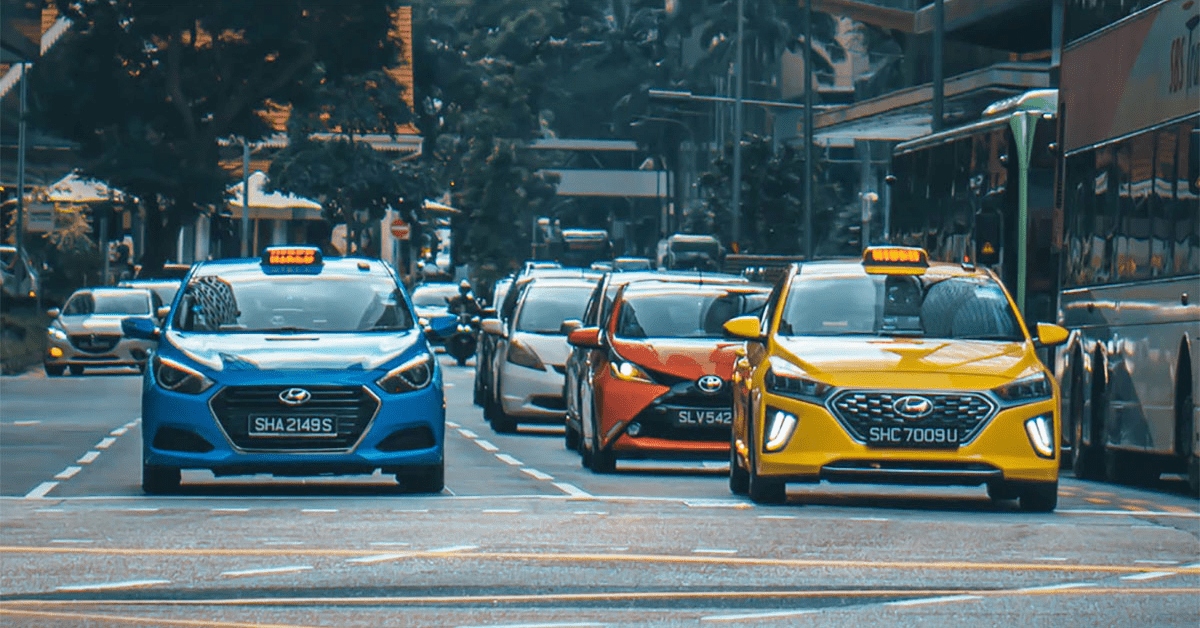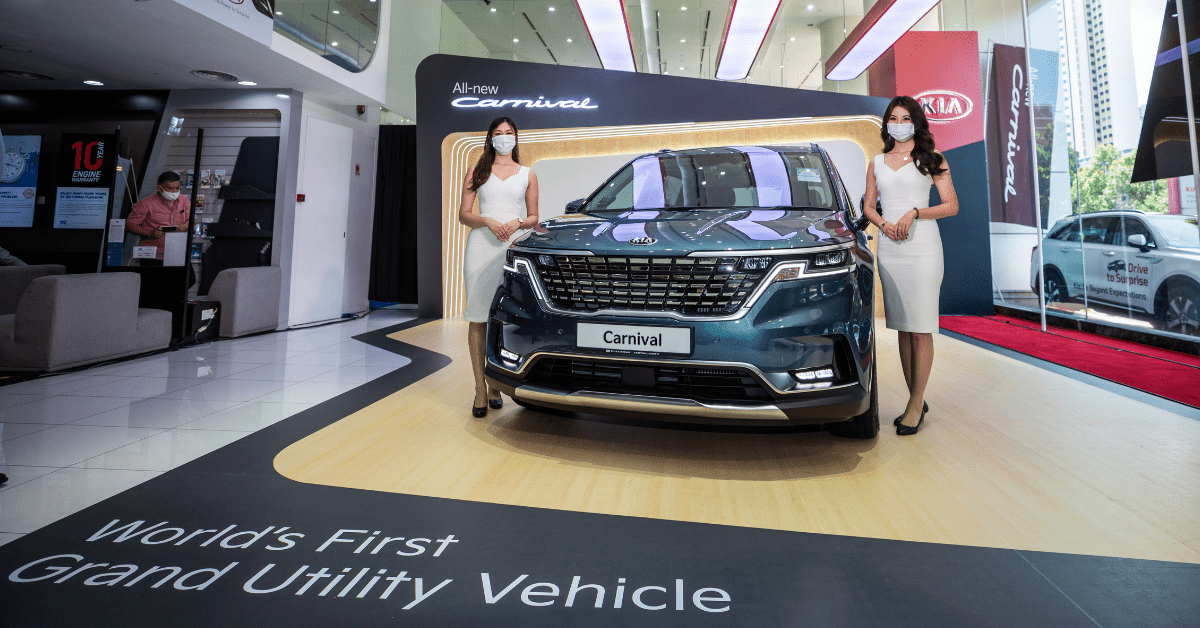In a four-storey Bauhaus-styled building west of Shanghai, nearly 500 engineers are working to put what they hope will be China’s answer to a Tesla Motors Inc. electric car on the road. Their company, NextEV, does not have any inventory yet. It plans to unveil its first electric car next year.
“Our goal is to build a high-end, high-performance electric car for half the price of a tesla car.”
NextEV is part of an increasingly crowded industry as the world’s biggest auto market welcomes a throng of new entrants – China’s deep-pocketed Internet giants. Concerned that conventional auto makers lack innovative abilities, Beijing has used generous subsidies to incentivise tech firms to pave the way as it struggles to cut pollution and reduce its dependence on imported energy.
As well as attracting these Internet giants, these auto startups have also been backed by private equity, forging partnerships with Silicon Valley firms and hiring strong talents from the global auto industry.
Backed by government subsidies, electric vehicles have a relatively tiny but growing slice of China’s market. China’s industrial regulator also amended rules a year ago to allow non-automotive companies to invest in the electric car industry.
Founded by internet entrepreneurs, including the founder of Chinese e-commerce giant JD.com Inc., NextEV is just one of nearly a dozen Chinese auto startups that began operations within the past 12 months. Elsewhere, the country’s biggest search-engine operator, Baidu, is working on a self-driving car, which it announced will hit the road in five years.
Turning these ambitions into reality will be tested by increasing competition and doubts about the sustainability of china’s subsidy-fuelled boom in electric vehicles, particularly following a recent government probe into several suspected instances of subsidy fraud.
Startups have claimed that the game has changed: NextEV has struck a deal with a state-run company to build its car. It has also received investment from Sequoia Capital, Hillhouse Capital Group and Tencent. Reaching the midway mark of their $1 billion funding target, Mr. Li, co-founder and chairmain of NextEV, is optimistic that the remaining $500 million will be raised by the end of the year. However, Mr. Li has indicated that he is not under any pressure to make fast money.
Electric vehicles in China are exempted from certain restrictions facing their petroleum-fuelled counterparts. For example, a consumer in Beijing can buy an electric car and drive it on any day of the week. For petroleum cars, drivers will be banned from driving on roads once per week.
While sales of electric and hybrid vehicles have quadrupled in the last year to 331,000 vehicles, it is still a relatively tiny market share where total vehicle sales exceed 24 million. The surge was largely due to China’s generous subsidies for electric vehicle ownerships – the future of which still remains uncertain.
Critics contend that such large government funding is not sustainable given China’s slowing economy and issues with deteriorating government debt. Beijing has also revealed that it would reduce electric vehicle subsidies gradually in the near future.
Analysts have estimated that in 2015, China’s central and local governments spent a whopping 90 billion yuan in the sector, including direct cash subsidies for electric car vehicle makers and construction of public charging stations. Cash subsidies account for more than 40% of an electric car’s price tag, much higher than the 10-15% ratio in other Chinese markets.
China has always been at the forefront of technological advancements.Companies such as WM Motors are looking to mass market electric cars to take on Tesla Motors. We won’t be surprised if more companies follow NextEV and WM motors in their stride towards venturing into the electric vehicle market or expand their existing electric vehicle fleet.
Source: Wall Street Journal




